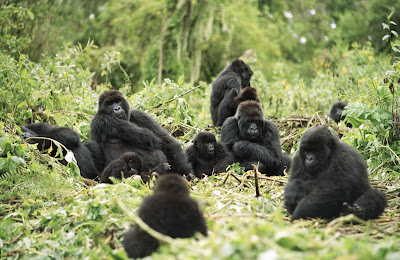I plan on continuing to use my bike more often!
How far did you travel on your bike? How much did you save? Email me at viridorari@yahoo.com and let me know! Did you miss Green Challenge #14? Read it here.
This week’s green challenge is inspired by Amy and Adam Korst, who I featured in an Activism Spotlight. If you haven’t read about them yet, here’s the punch line: over an entire year, they only produced a single shoebox full of trash (items that could not be recycled, reused, reduced, or composted). Since the average American produces 4.5 pounds of trash a day, that means they prevented over a ton of trash from entering a landfill.
Using their advice for a trash-free life, which you can find here, for this entire week, I want you to commit to either significantly reducing or eliminating your trash production. Like Amy said, you don’t have to give up life as you know it to be environmentally friendly. A lot of the transitions they made were easy to do, and much more efficient. Adam believes that living trash-free can be a perfectly normal lifestyle.
If you are not signed up with a recycling program, you may want to wait until next week to do this challenge so you have time to get signed up with one (unless of course, there’s a recycling center near you that you can travel to). To learn how and why to start a composting pile (it can be done in a single day) read this Guest Writer’s post about composting.
If you follow Amy and Adam’s tips, you can easily achieve a trash-free life, or get close to it. Any reduction in your trash production habits is a great step in the right direction. Good luck! To learn more about Amy and Adam’s story, check out this past Friday’s Activism Spotlight.
Animal of the Month Update
Picture courtesy of: http://theunexpectednessinthedayofalazaholic.blogspot.com/2009/09/monkey-to-human.html
Gorillas and other apes are scientifically important because of their close relation to humans. They provide us with an opportunity to study evolution and genetics. Gorillas share about 98% of the same DNA with humans.
Male gorillas usually leave the group at age eleven and have their own family group by age fifteen. They cannot stay longer because there can only be one dominant adult male in the group; the silverback. Females join a new troop at age eight.
Picture courtesy of: http://www.timeforkids.com/news/gain-gorillas/59721


No comments:
Post a Comment